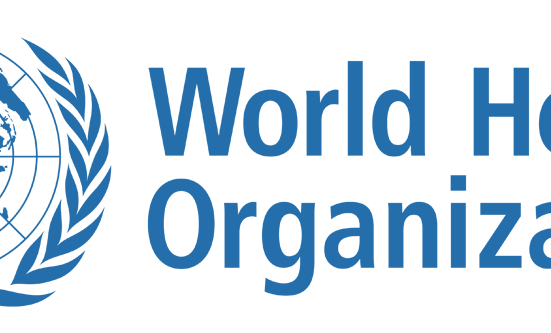The World Health Organisation (WHO) has reaffirmed the critical role of midwives in combating the high rates of maternal and newborn deaths across Africa, highlighting them as essential pillars of healthcare delivery, especially in times of crisis. This was made known by the Acting WHO Regional Director for Africa, Dr. Chikwe Ihekweazu, in a powerful message marking the 2025 International Day of the Midwife.
Dr. Ihekweazu, in his address, lauded the resilience and dedication of midwives who, he said, continue to serve on the frontlines of maternal and reproductive healthcare, often in the harshest and most underserved environments. He revealed that the theme for this year’s celebration, “Midwives: Critical in Every Crisis,” reflects the dire but vital reality faced by these healthcare providers across the continent.
He lamented that the African region continues to bear a heavy burden of maternal and infant mortality, with over one million newborns and 178,000 mothers dying annually. Dr. Ihekweazu stressed that despite major global health advancements, the continent’s fragile health systems remain severely overstretched, and midwives often serve as the only healthcare providers offering sexual and reproductive health services in many communities.
South Sudan currently holds the highest maternal mortality rate globally, while Nigeria ranks third with a staggering 512 maternal deaths per 100,000 live births. These figures, he noted, demand urgent action and investment. Despite this grim reality, he acknowledged some progress, noting that maternal mortality in the region dropped from 727 deaths per 100,000 live births in 2000 to 442 in 2023, largely due to the invaluable contributions of midwives.
He further pointed to a looming crisis, with Africa projected to face a shortage of 6.1 million health workers by 2030. Nonetheless, between 2013 and 2022, the number of midwives nearly doubled from 173,269 to over 334,000. This surge, Dr. Ihekweazu noted, is a testament to what can be achieved through sustained political commitment, targeted investment, and effective policy.
In Nigeria, the shortage of skilled midwives remains acute, with over 7,500 nurses and midwives reportedly leaving the country in the last five years. According to the National Association of Nigeria Nurses and Midwives, an estimated 70,000 midwives are needed to address the growing workforce gap.
Dr. Ihekweazu revealed that the WHO is working hand in hand with Member States to expand access to quality, competency-based midwifery education, improve workforce density, and integrate midwives into national emergency and health planning frameworks. He cited Zimbabwe’s recent Investment Compact as a model, which is expected to generate an additional $166 million annually over three years to strengthen the country’s health workforce with midwives at the core.
Despite these advancements, the WHO representative warned that many midwives continue to operate under difficult conditions, with inadequate tools, poor remuneration, limited career growth opportunities, and exclusion from policy-making processes. He called on governments across Africa to ensure midwives are recognised, protected, and adequately supported in all healthcare and crisis response strategies.
“Education systems must evolve to train midwives in trauma-informed care, conflict sensitivity, and leadership, equipping them for modern challenges,” he stated. He added that when midwives are well-trained, valued, and empowered, health systems are strengthened and maternal and child health outcomes are vastly improved.
Dr. Ihekweazu concluded with a strong call to action, urging governments and stakeholders to go beyond ceremonial acknowledgment and take concrete steps to elevate the status and conditions of midwives across the region. “Midwives are not only critical in every crisis. They are central to every solution,” he said. “WHO stands with midwives—today and every day.”





